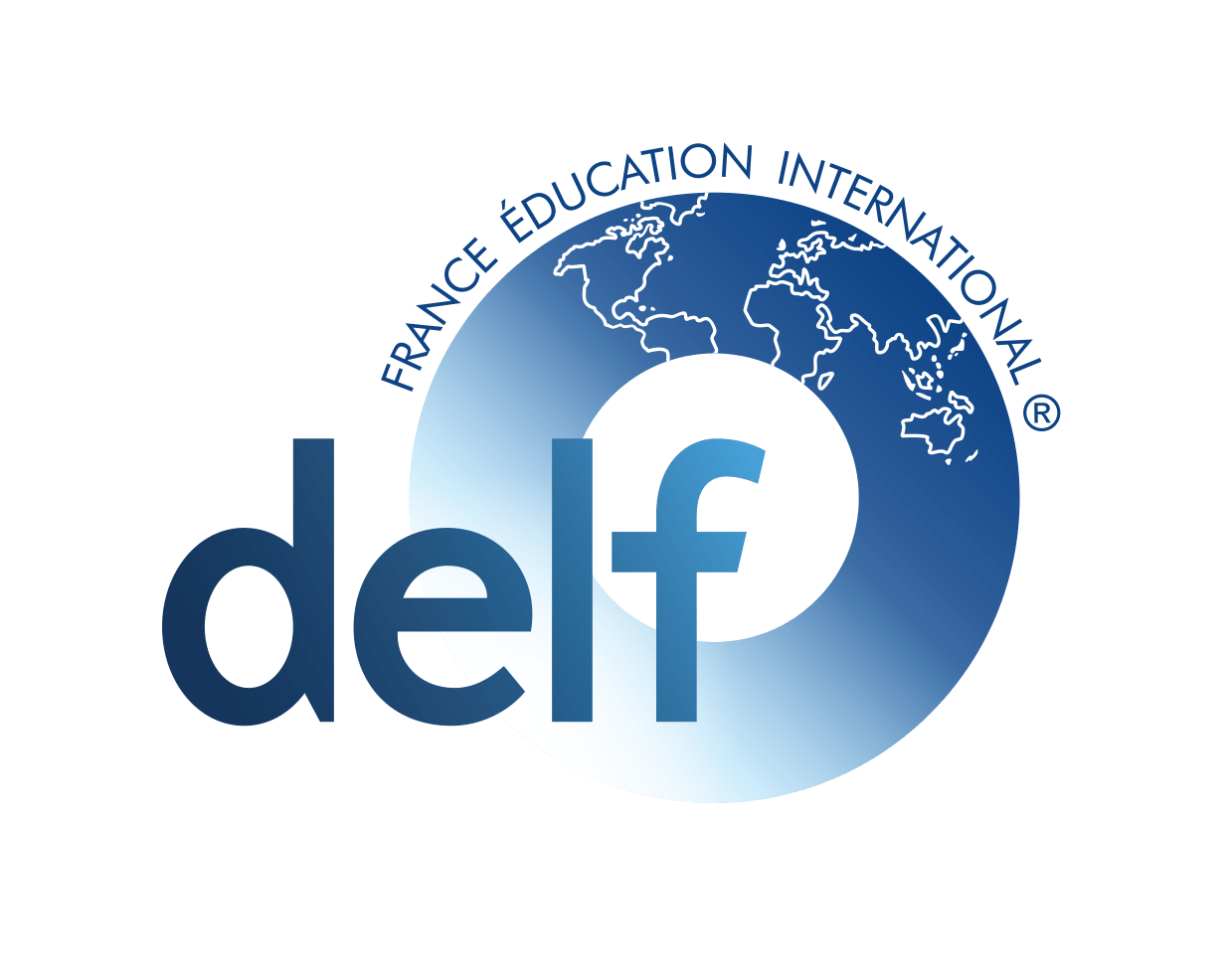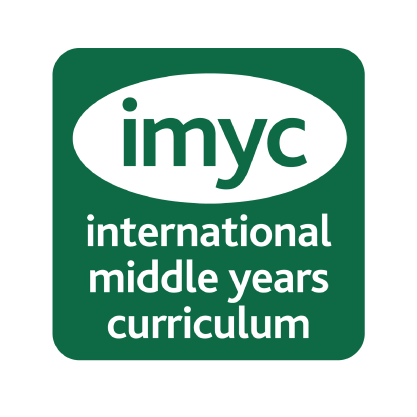Talking to your child about learning
Talking to your child about learning
Learning can be an abstract concept for many, especially our youngest students. It’s not something you can touch, put in your school bag or hang on the wall. That said, it should be ‘visible’ and at Fontenebro International School are helping our students of all ages ‘see’ their learning. An important part of learning is reflection and thinking about what they have learned and a great place to do this is at home after school.
Our definition of Learning
Let’s start with our school’s definition of learning.
Learning is the process of deliberate repeated experiences by which we hardwire getting better through good struggle .
Without going too deep into the neurological research, we learn something when the repeated experiences cause the connections in the brain to work more efficiently, hence the hard-wiring of the brain. Think about a child learning to ride a bike. It takes many attempts (and possibly bruised knees) before the child’s brain is hardwired sufficiently to maintain the coordination necessary to avoid falling off and then consolidating this new learning to progress with their learning and therefore continue to get better. Our definition also states that in order to learn we need to experience ‘good struggle’ that is, we need to feel challenged.
Now we have a better understanding of what learning looks and feels like this can help families when they are talking to their children about their learning at school, or indeed their learning beyond the school gates.
Put the focus on ‘learning’ not ‘doing’
There is a distinction between ‘learning’ when we are getting better and ‘doing’ when we are simply busy or occupied. An excellent way to get children to focus on their learning is to ask:
‘What did you get better at today?’
Another question that puts the emphasis on their learning is:
What do you know now that you didn’t know before you went to school?
This question places the focus of their learning on knowledge. Knowledge is often learned quickly and is right or wrong. The capital of France, the parts of the human eye, the structure of the second conditional in English grammar are all examples of knowledge. To put the focus on skills and abilities we can ask:
What can you do better now than you could before you went to school?
Learning skills takes longer to master than knowledge and they need practice to get better – think back to learning to ride a bike. During the school day students are practising a whole host of skills. Many, of course, are skills exclusively related to the subject such as the ability to express the past in a second language or to solve a problem using quadratic equations in maths. But there are other skills that students will be getting better at like solving conflicts in the playground, working better in a team or organising their work better on the page.
Good struggle is …..good!
We clarified earlier that an essential ingredient for learning to take place is ‘good struggle’. This idea that we all need to experience feeling challenged and possibly even a sense of frustration to learn may not be easy to accept but families can play an important role in supporting their child with those necessary sensations. Families can ask their child:
Did you feel challenged at school today? Did you experience a good struggle?
We want our students to understand that it is ok to find something a little difficult at times and that with support and guidance from the teacher and some perseverance and effort, the challenge can be embraced as a natural part of learning.
Over to you!
So the next time you are about to ask your child ‘What did you do at school today?’ try using one or a combination of the learning-focused questions above. Students are learning to reflect (it’s a skill!) on their learning and so with your help your children will have the opportunity to practise and therefore GET BETTER!
Mike West
Head of Learning

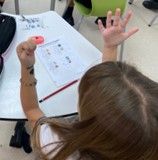
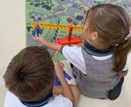
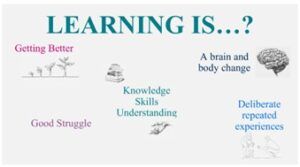
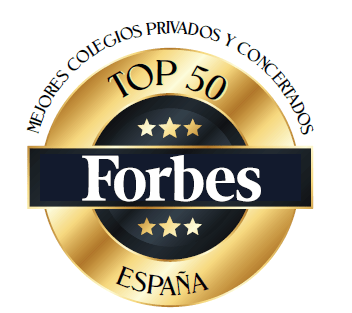
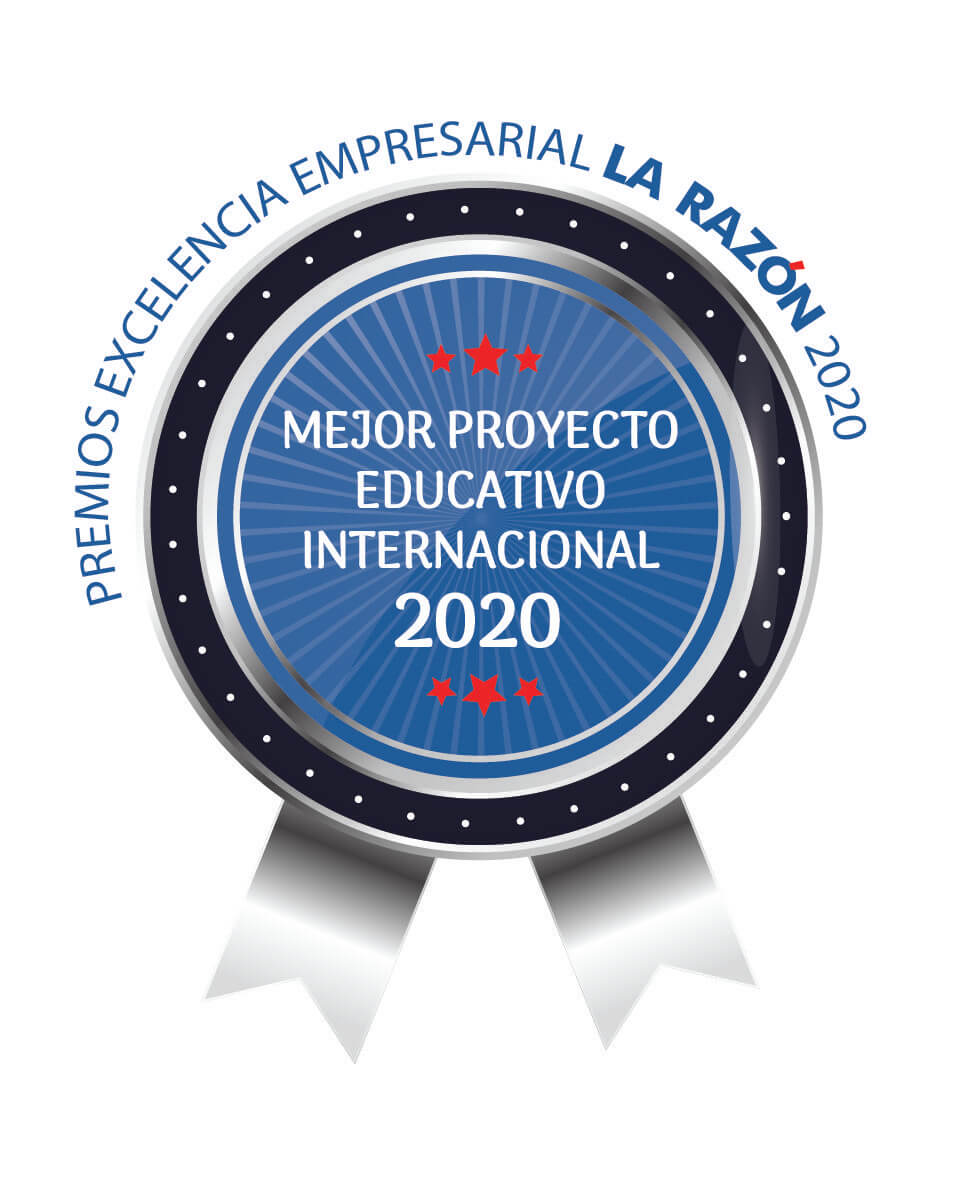
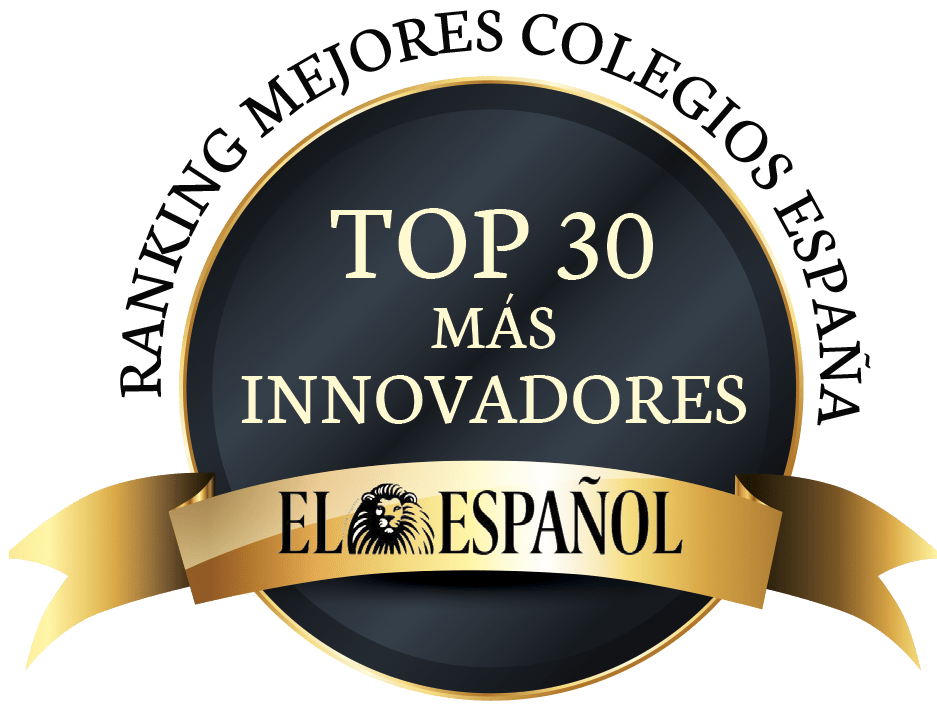
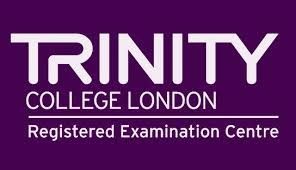

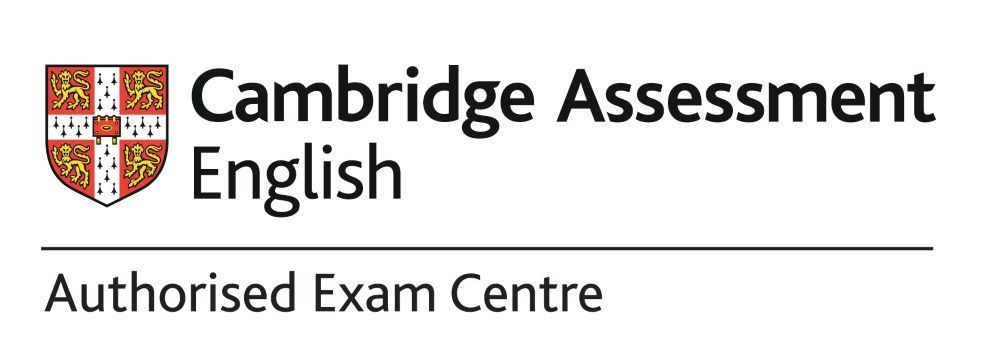
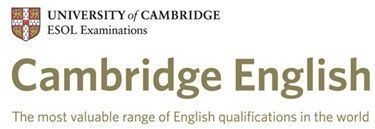


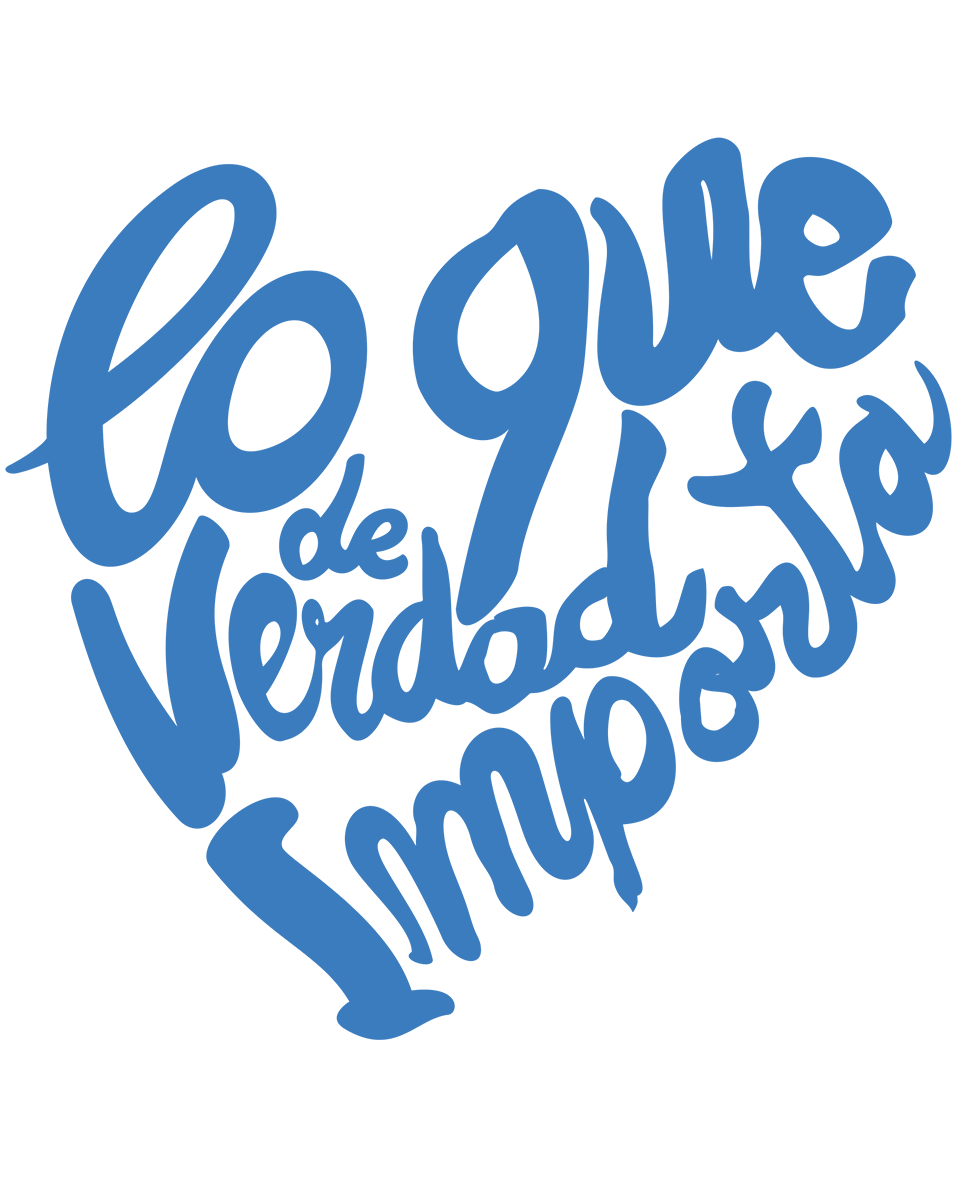
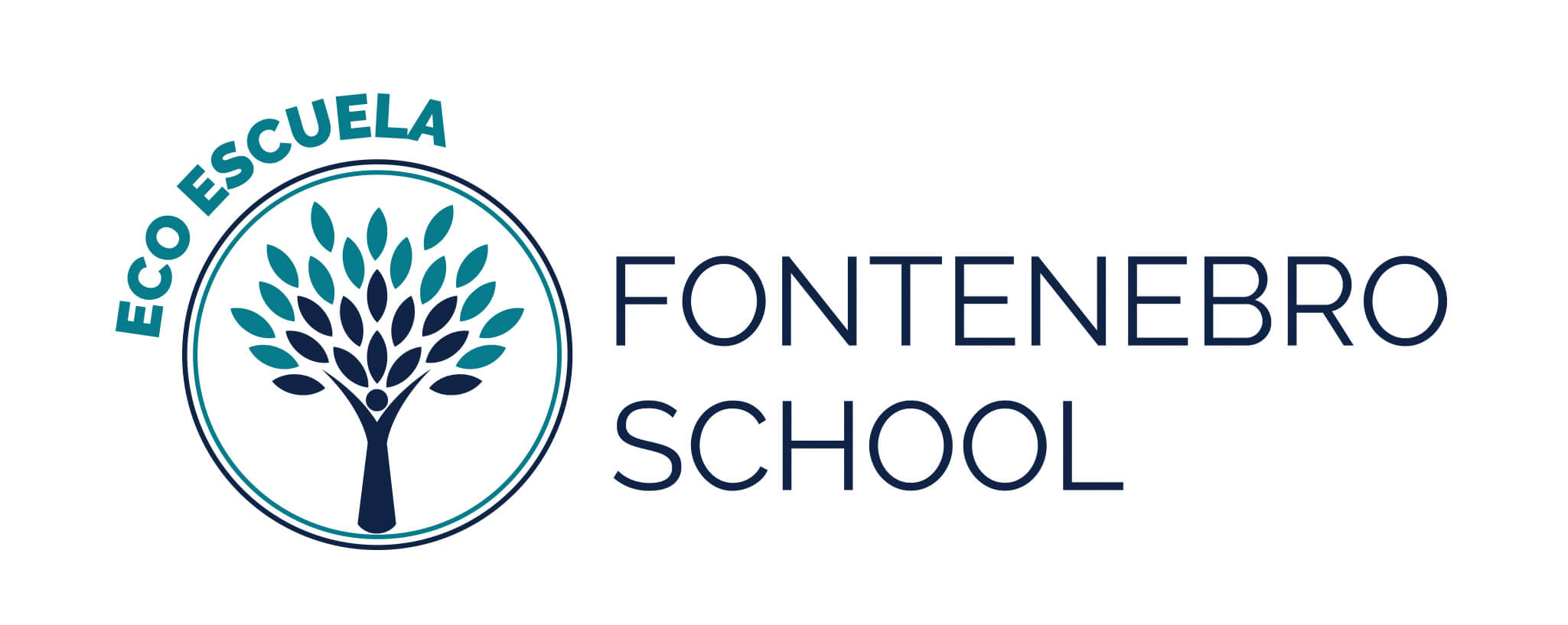
![BAPParentLogo[5]](https://fontenebroschool.com/wp-content/uploads/2020/09/BAPParentLogo5.png)
